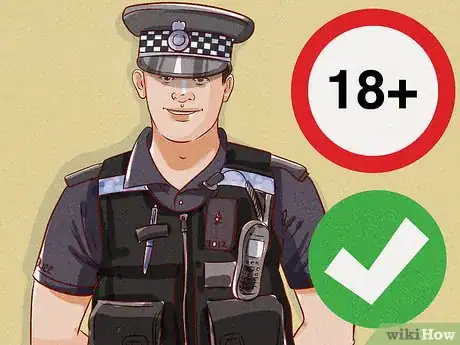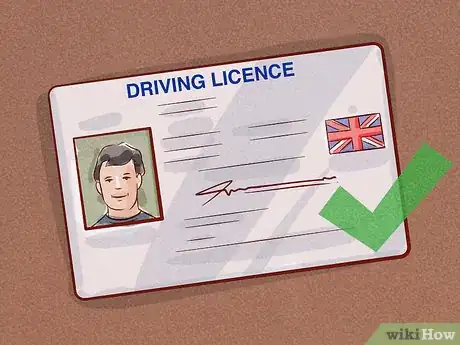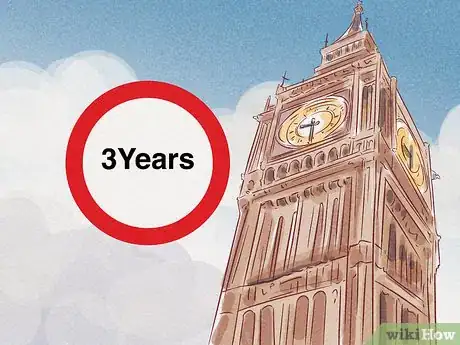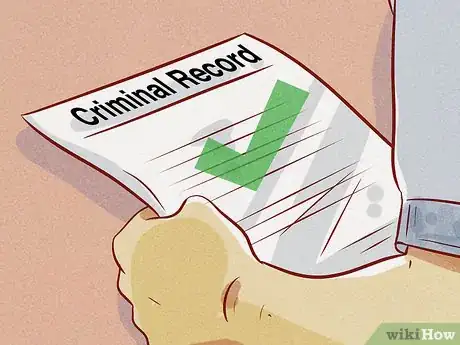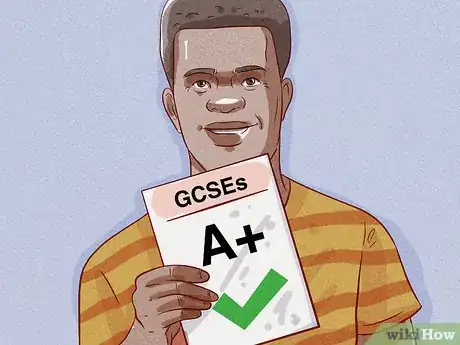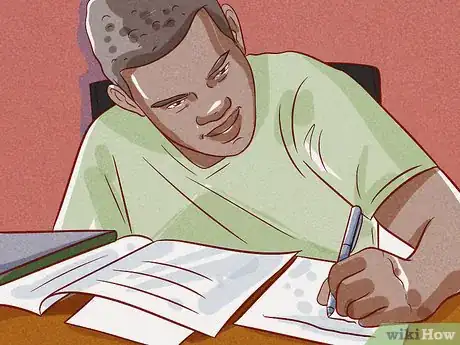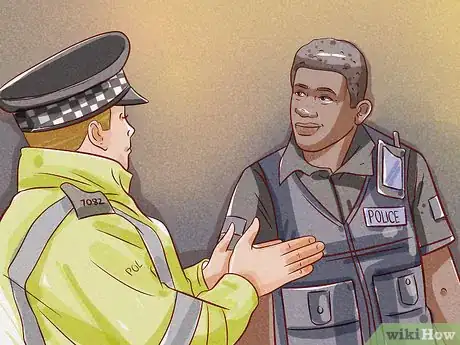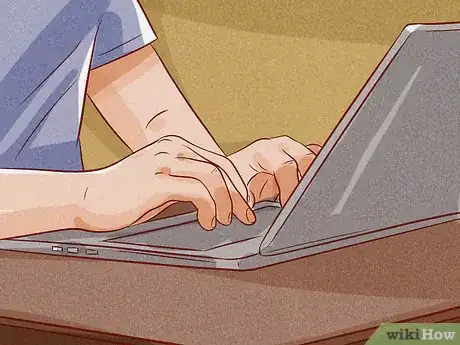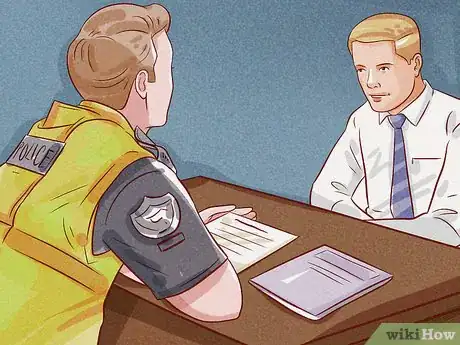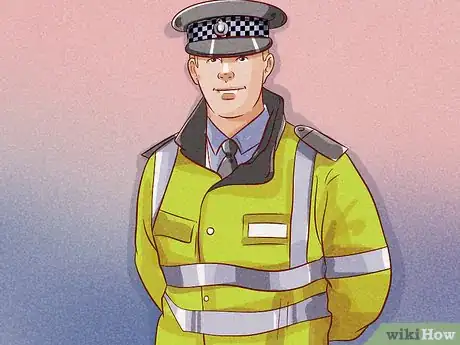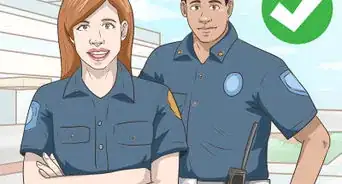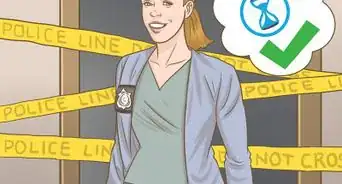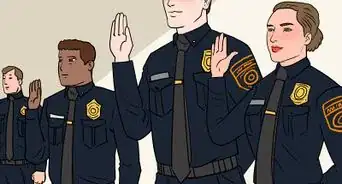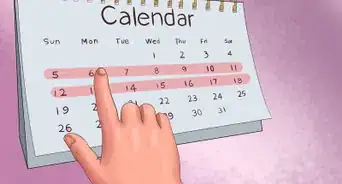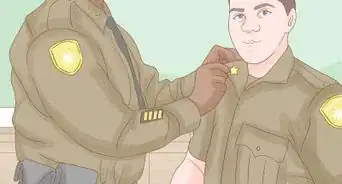This article was co-authored by wikiHow staff writer, Hunter Rising. Hunter Rising is a wikiHow Staff Writer based in Los Angeles. He has more than three years of experience writing for and working with wikiHow. Hunter holds a BFA in Entertainment Design from the University of Wisconsin - Stout and a Minor in English Writing.
There are 10 references cited in this article, which can be found at the bottom of the page.
This article has been viewed 15,012 times.
Learn more...
If you want to protect other citizens, investigate crimes, and help maintain the peace, being a police officer may be the right job for you. Policing helps you connect with your local community and make a difference in your area. If you live in the UK and want to be a police officer, you need to meet basic requirements and get an education in policing before you apply. With perseverance and hard work, you can be a police officer.
Steps
Meeting the Basic Requirements
-
1Be over the age of 18 in order to apply. Police officers need to be a minimum age of 18 before they can apply to join a police force. Wait until after your 18th birthday and after you finish high school to be considered for a police program.[1]
- There is no maximum age range for becoming a police officer, but many officers will retire around 60.
-
2Have a valid UK driver’s license. Many police forces require you to have a driver’s license so you can use a car and travel to emergencies. Be sure to take driving lessons and pass your driving test so you can get your license. Get comfortable driving around your area so you’re familiar with your community.[2]Advertisement
-
3Live in the UK for at least three years continuously before applying. If you aren’t native to the UK, then you need to live there for at least three years before a police force will consider your application. Maintain proof of residency so you can show how long you’ve lived there if you’re asked. After three years, you’ll able to submit an application.[3]
- If you aren’t a citizen of the UK, you must either become a citizen or be a Foreign National without restrictions on your stay.
- You may still be eligible to become a police officer if you were out of the country working for the UK government or traveling with the Armed Forces.
-
4Make sure you have a clean criminal record. Obey the law and maintain good standing with your community so you can apply for a position. Avoid using illegal drugs, being intoxicated, or associating with criminals. Be a good role model for others so people look up to you when you do become a police officer.[4]
- If you have any criminal records, you must declare them in your application to see if you are still able to join the police force.
Warning: You are not eligible to become a police officer if you’ve been convicted of a violent crime, possession of drugs, or if you’ve been to prison.[5]
-
5Stay physically fit. Police officers must pass a medical and fitness exam before they get a job. Exercise regularly and eat healthy so you can maintain peak physical fitness. Develop a fitness plan that includes running and strength training so you’re fit for the job.[6]
- Look for exercises that can help boost your reflexes since you need to have a quick reaction time as an officer.
Getting an Education
-
1Focus on English, math, and physical education courses in secondary school. While you’re still in school, pay close attention to English and math courses since you’ll use them frequently in police work. Pay attention to writing and public speaking so you can communicate efficiently. Continue physical education courses so you can stay fit for any fitness examinations you’ll have for the police force.[7]
- Other subjects you can focus on include foreign language and religious studies so you can communicate with others.
-
2Pass your GCSEs with 9-4 grades. The GCSEs are exams you can take in secondary school. GCSEs cover multiple subjects and determine your knowledge level for university or job placement. Study hard and read through GCSE practice books to prepare for the tests. Focus during the tests so you can get 9-4 grades to be considered for the police force.[8]
- Try to limit distractions while you’re studying for the GCSEs so you don’t lose any focus.
Tip: Some police forces will accept new officers with passing GCSE scores without any further education, but you may not be eligible for promotions.
-
3Get a 3-year policing degree from a university. Some universities offer 3-year programs that go over the basics of police procedure and prepare you for the job. Apply to a school that has a policing program so you can get a formal education and background. Some of your courses will include criminal law, police operations and processes, and criminology. Be sure to focus on your studies so you can pass your classes![9]
- Avoid going to any parties where there could be illegal drugs or activities while you’re in school.
-
4Try an apprenticeship to get on-the-job experience. Many police forces will offer an apprenticeship-degree program where you can get experience while also attending policing classes. Contact your local police force to see if they offer the apprenticeship program. If they are, fill out the application completely and submit it to see if you’ve been accepted.[10]
- Apprenticeships allow you to earn money from the police force while you earn your degree.
Applying for an Officer Position
-
1Submit a complete application form to the police force. Choose a police force that you want to work for and locate the application online. Check if you need to fill it out by hand or if you can complete it digitally. Read the application thoroughly so you don’t miss any rules or requirements that you need. If you need to fill the application out by hand, write legibly so the force you’re applying to can read your application easily.[11]
- Some applications may be online while others may need to be printed off and mailed to the force you’re applying for.
- Different sections of the application may require different-colored ink, so be sure you change pens as needed.
-
2Visit an assessment center to complete written tests. If your application is accepted, go to your nearest police assessment center to take the next exams. Assessment centers will conduct written exams about core concepts of policing as well as physical exercises. Listen to the instructors at the center carefully to pass all of the exams.[12]
- You can find basic competency packets online so you can study before the written exams.
- A written exam will give you a basic police situation, such as conflict management, where you need to suggest ways to resolve the problem.
- You may also be asked to take a competency questionnaire to assess your skills.
-
3Practice basic policing and physical exercises at the assessment center. During the same day as your written exams, you will be asked to complete physical fitness tests, such as upper body strength and endurance. After the physical tests, the instructors will give you situational police exercises that you must complete.[13]
- Policing exercises may include role-playing situations, such as handling an altercation at a pub.
- Assessment centers also conduct medical and drug tests to make sure you’re healthy enough to be a police officer.
- In total, the assessment center will take about 3 hours to complete all exams and tests.
-
4Nail the core competencies interview. Many core competency interviews will ask you to talk about a time where you demonstrated your abilities. Answer each question fully and honestly so the officers know you’re a good candidate. Maintain a friendly and open attitude to leave a good impression with the interviewer. When you’re finished, thank the interviewer and tell them you’re eager to hear back from them.[14]
- Some questions you may get during your interview include, “What values do you think are important for a police officer?” or “What is a specific example of a task you’ve done that you’re proud of?”[15]
Tip: Use the STAR method while answering interview questions. Explain the Situation, tell the interviewer the Task you needed to complete, discuss the Actions you took, and explain the end Result.
-
5Accept a position at a police station. Once you pass all of the examinations from the assessment center, you can start working for the police force you applied for. At first, you’ll have a 2-year probationary period so you can learn how the force and station work. After that time, you can start ranking up or apply to specialist units.[16]
- There are no set hours for working as a police officer. Be prepared to work rotating morning, day, and night shifts.
Warnings
- You are not eligible for becoming a police officer if you’ve committed violent crimes, have been to prison, or were convicted for drug-related charges.⧼thumbs_response⧽
- Policing is a stressful job since you are possibly putting yourself in danger while you’re working.⧼thumbs_response⧽
References
- ↑ https://www.cambs.police.uk/apply/Jobs/Job-types/Police-officer
- ↑ https://www.cambs.police.uk/apply/Jobs/Job-types/Police-officer
- ↑ https://www.cambs.police.uk/apply/Jobs/Job-types/Police-officer
- ↑ https://www.cambs.police.uk/apply/Jobs/Job-types/Police-officer
- ↑ https://www.policenow.org.uk/wp-content/uploads/2018/10/Cautions%2C%20Conviction%20and%20Vetting%20Information.pdf
- ↑ https://www.prospects.ac.uk/jobs-and-work-experience/job-sectors/law-enforcement-and-security/joining-the-police
- ↑ https://www.ucas.com/ucas/after-gcses/find-career-ideas/explore-jobs/job-profile/police-officer
- ↑ https://www.bbc.com/news/uk-38319283
- ↑ https://www.bbc.com/news/uk-38319283
- ↑ https://www.bbc.com/news/uk-38319283
- ↑ https://youtu.be/64q3BS7YgKk?t=34
- ↑ https://youtu.be/64q3BS7YgKk?t=100
- ↑ https://youtu.be/64q3BS7YgKk?t=100
- ↑ https://youtu.be/64q3BS7YgKk?t=232
- ↑ https://recruit.college.police.uk/Officer/after-I-apply/Documents/SEARCHExampleInterviewQuestion.pdf
- ↑ https://www.prospects.ac.uk/job-profiles/police-officer
